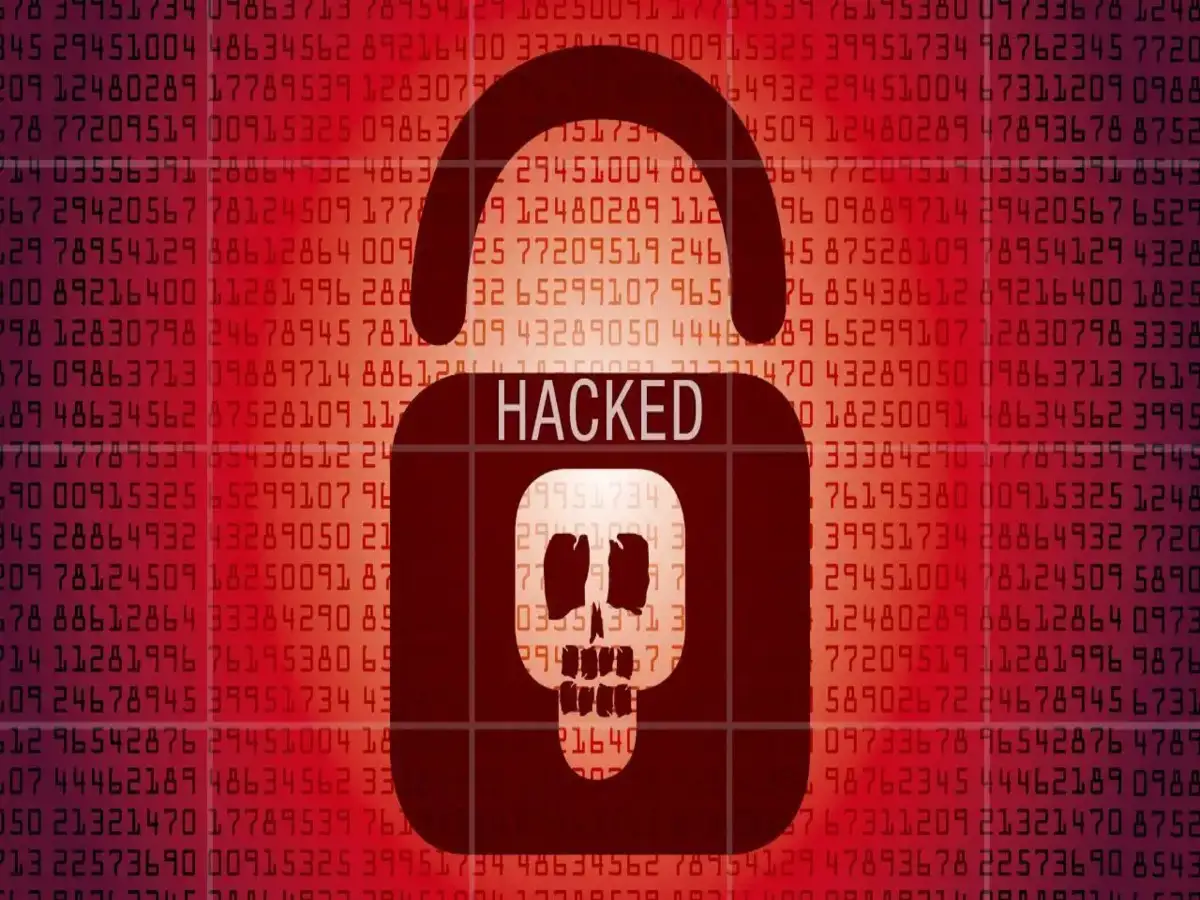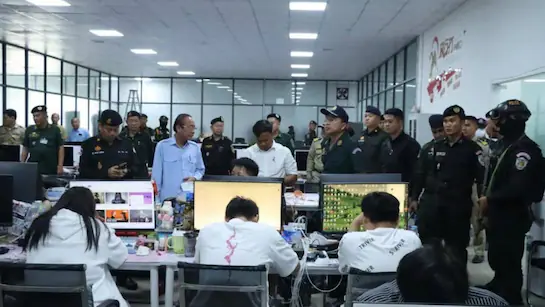Now Reading: World’s Largest Cyber Leak Exposes 10 Billion Passwords, Experts Warn of Rising Global Threat
-
01
World’s Largest Cyber Leak Exposes 10 Billion Passwords, Experts Warn of Rising Global Threat
World’s Largest Cyber Leak Exposes 10 Billion Passwords, Experts Warn of Rising Global Threat

In what experts are calling the biggest cyber data leak in history, over 10 billion passwords have been exposed online in a single breach. The leak, discovered in June 2025, has triggered serious concerns among cybersecurity professionals and internet users worldwide. With India’s rapidly growing digital base, especially in Tier 2 cities, experts urge citizens to act swiftly to safeguard their online presence.
The Massive Breach Explained
The breach reportedly includes a compilation of passwords gathered from multiple previous hacks over the years. Cyber experts say that while many of the leaked credentials may be outdated, billions are still valid and usable—making this an enormous risk for individuals, businesses, and government platforms.
The exposed data is believed to have been released on hacker forums and dark web sites, making it easily accessible for cybercriminals.
How It Affects Indian Users
India, home to one of the largest numbers of internet users globally, is highly vulnerable to such breaches. With increasing digital adoption in cities like Jaipur, Nagpur, Surat, and Lucknow, even small businesses and individual users could fall prey to identity theft, online fraud, or ransomware attacks.
Cybersecurity experts in India are advising people to change their passwords immediately, especially on frequently used platforms like email, banking apps, and social media.
What Experts Are Saying
Global cybersecurity agencies have raised the alarm, warning that the data could be used in “credential stuffing” attacks, where hackers use known usernames and passwords to break into other platforms. This type of attack is especially dangerous in India, where many users still reuse passwords across multiple apps and services.
In response, Indian IT professionals are recommending the use of two-factor authentication (2FA), password managers, and frequent updates to online credentials.
Government and Institutional Response
So far, there has been no confirmation of any major Indian government database being compromised. However, CERT-In, the Indian government’s cyber emergency team, has begun monitoring the situation. They may issue public advisories and recommendations if Indian user data is found to be significantly affected.
Educational institutions, banks, and service providers in Tier 2 and 3 cities are being urged to review their cybersecurity frameworks and raise user awareness.
Tips for Digital Safety
– Avoid using the same password across multiple websites
– Change all important passwords immediately
– Enable two-factor authentication wherever possible
– Be cautious of phishing emails and scam links
– Use trusted antivirus software on devices
Conclusion:
The 2025 password leak is a wake-up call for everyone in the digital world. As more Indians go online for education, shopping, and banking—especially in smaller towns—the need for stronger cyber hygiene is urgent. Staying informed and taking basic precautions can go a long way in protecting personal and professional digital assets in this new era of cyber uncertainty.

























